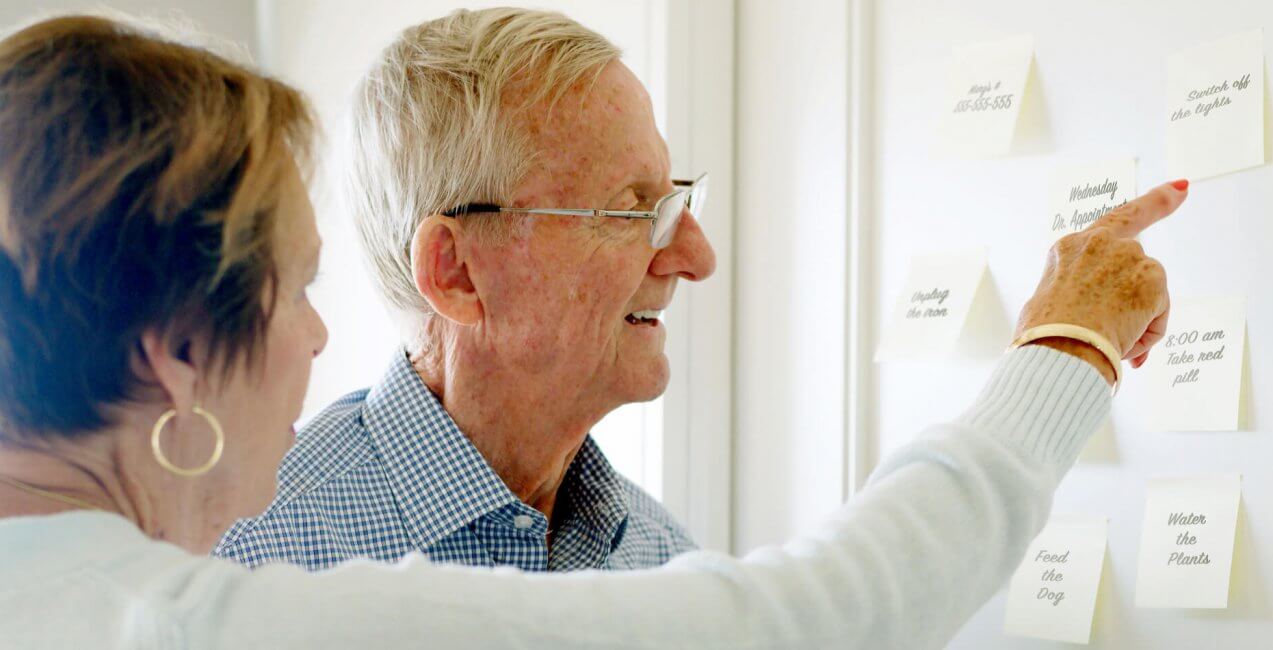Support for Patients with Alzheimer's Disease and Other Dementias
We manage at-risk populations by offering coordinated, comprehensive care that improves quality of life for patients with Alzheimer's disease and dementia.

We’re reinventing the chronic healthcare journey by providing coordinated, holistic care for patients with Alzheimer’s disease or dementia, while also saving money.
Benefits of early home care, palliative medicine and hospice care include:
- Improved quality of life for chronic patients and their caregivers
- Improved clinical outcomes
- Enhanced care coordination
- Improved patient satisfaction scores
- Increased efficiency and lower costs
- Lower hospital readmissions
Chapters Health System provides a continuum of integrated care solutions that begin with a chronic diagnosis. Home Care, Palliative Medicine, Hospice Care, Grief Services and many other healthcare and support services are all available to you and your patients.
Any time you, your staff, or patients have questions, need support or care, call 1-866-204-8611 or Contact Us.
Hospice Eligibility Guidelines for Patients with Alzheimer's Disease or Dementia
Ultimately, hospice eligibility is centered on a physician's clinical judgment. If a physician believes the patient will likely live six months or less if the disease follows its natural course, then the patient is considered hospice eligible. Eligibility is based on the severity of the patient’s primary diagnosis (the diagnosis contributing most to terminality), as well as secondary/comorbid conditions and nutritional/functional status. In some cases, the primary diagnosis alone is sufficiently advanced to make a patient hospice eligible. This determination is made with the help of disease severity guidelines called Local Coverage Determinations (LCDs) listed below:
FAST score of 7 (speech limited to <6 intelligible words per day; see FAST scale)
Unable to dress, bathe or use toilet without assistance
Urinary and fecal incontinence
Keep Exploring
















